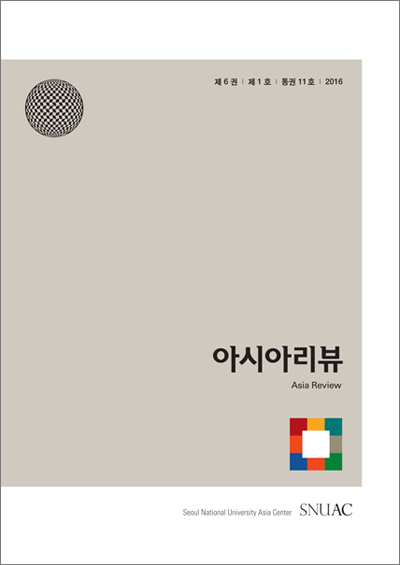The study examines the geopolitical, economic, and social backgrounds that shaped the respective responses of China, the United States, and Japan to the Rohingya crisis. By analyzing these factors, the study explores how their geopolitical dynamics and national identities have influenced their strategic stances. The findings indicate that the United States leveraged its role as a global defender of human rights and democracy not only to uphold international norms but also to counter China’s influence in Southeast Asia. Meanwhile, China supports Myanmar primarily to safeguard its sovereignty, reinforce its non-interference policy, and secure its economic interests under the Belt and Road Initiative. In contrast, Japan adopts a neutral, non-interventionist stance aimed at maintaining friendly international relations through economic diplomacy. Ultimately, these identity-driven dynamics underscore the divergent policy approaches and the pressing need for coordinated international efforts to address the humanitarian crisis.
Geopolitical Dynamics and Dilemmas: United States, China, and Japan’s Views on the Rohingya Crisis
저자: Hyun-Jung Choi (Lecturer, Department of International Trade, Kangwon National University)
주제어: Rohingya Crisis, Myanmar, International Relations

